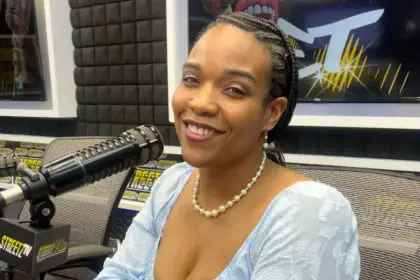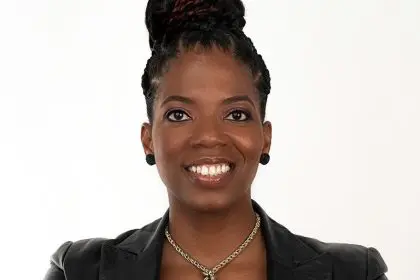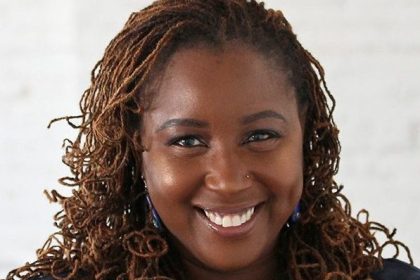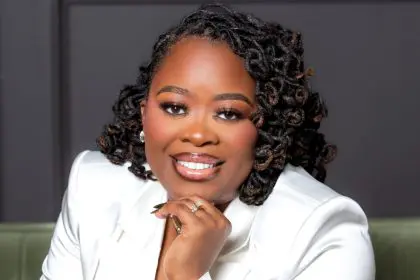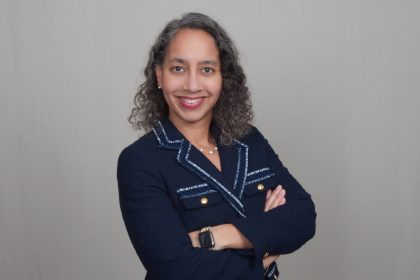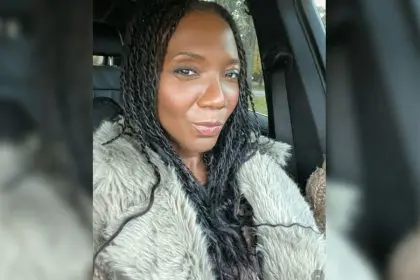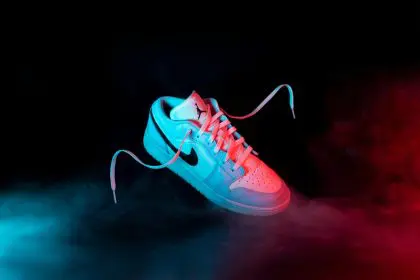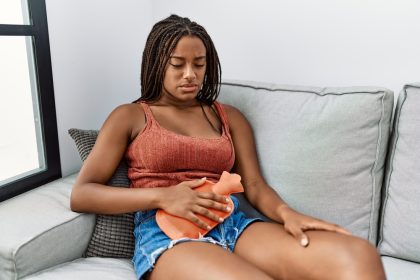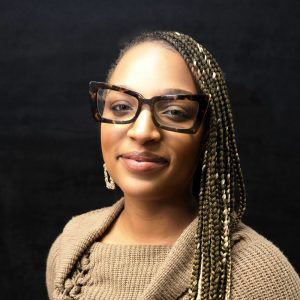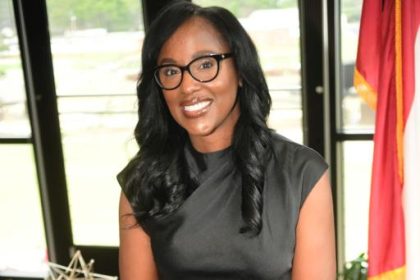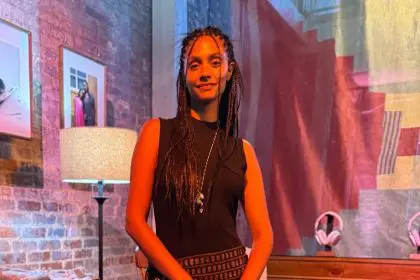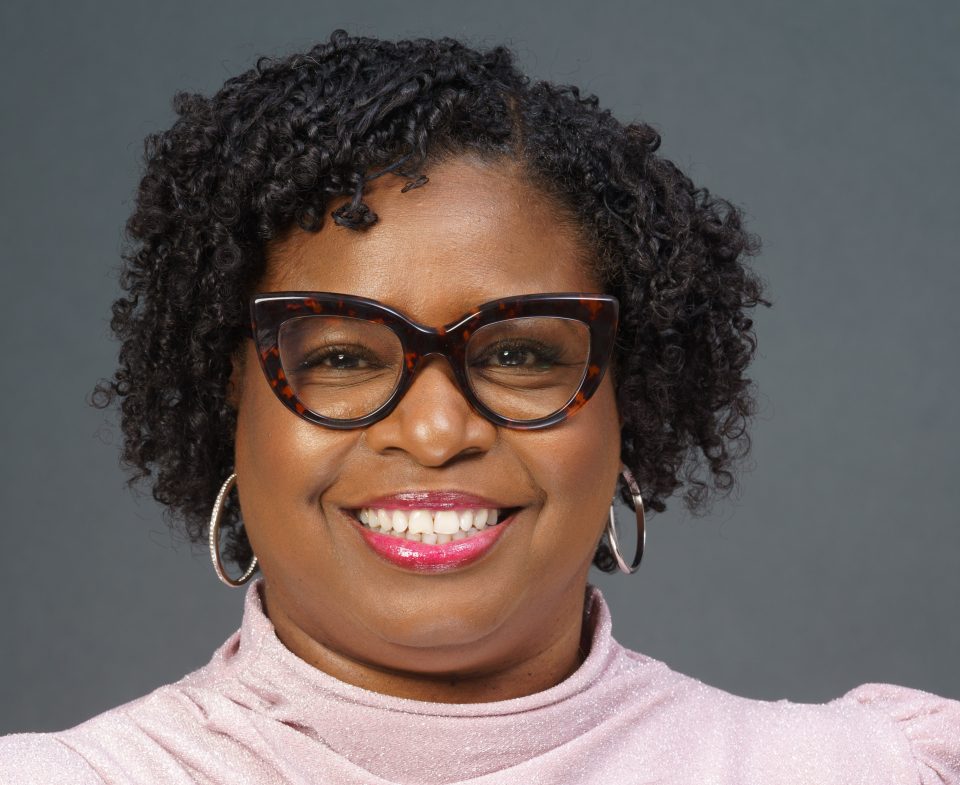
Nomsa Khalfani, co-CEO and chief strategy and equity officer of Essential Access Health in Los Angeles, advocates for equal sexual and reproductive health care resources. She began her advocacy journey as a liaison for organizations guiding children in foster care, inspiring her to nurture the relationships built and move up the leadership ladder to continue making a difference to underserved families.
Khalfani was named one of Southern California’s top 50 diverse leaders for her willingness to advance health equity for all. She received her Doctorate in Philosophy from Capella University and has worked closely within the community to develop and implement strategic programs and initiatives. Khalfani’s role as a strategic leader drives the organization toward integrating a health equity lens into everything from the root causes of inequities to educating families on available resources.
How did you move into this space of helping families with healthcare disparities?
I will say I fell into it. When you talk about this space, you’re talking about sexual and reproductive health care. As a Black woman, mom, and daughter, I think information about sexual and reproductive health care is key and important. We should have access to those services and how we need them. It should be done with respect and dignity.
What should we do as a community to advocate for ourselves?

